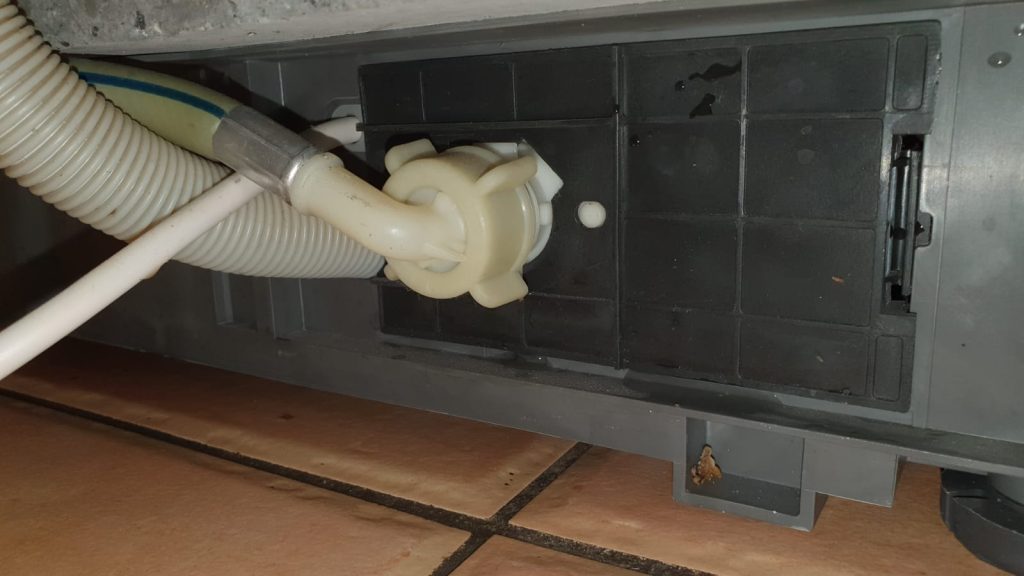Introduction
Maintaining a well-functioning plumbing system is essential for the comfort of any home or business. One common issue that can disrupt this functionality is a clogged drain. Drain unblocking is a critical skill that can save you from potential water damage and inconvenience. In this comprehensive guide, we’ll dive deep into the world of drain unblocking, offering expert insights, proven techniques, and answers to frequently asked questions. Let’s ensure your plumbing remains trouble-free!

Drain Unblocking: The Basics
Drain unblocking is the process of clearing obstructed pipes to restore proper water flow. Often caused by a buildup of debris, grease, hair, or foreign objects, blocked drains can lead to slow draining water, unpleasant odors, and even overflowing sinks or toilets. Addressing the issue promptly is crucial to prevent further damage.
The Telltale Signs of a Blocked Drain
Identifying a blocked drain early can save you from a plumbing disaster. Look out for these signs:
- Slow Drainage: If water takes longer than usual to drain from sinks, showers, or tubs, it’s a sign of a potential blockage.
- Gurgling Sounds: Strange gurgling noises when water is draining indicate air trapped due to a blockage.
- Unpleasant Odors: Foul smells emanating from drains suggest accumulated debris.
- Water Backing Up: Water backing up into other fixtures when you use a sink or flush a toilet is a clear indication of a clog.
Understanding the Causes
Various factors contribute to drain blockages. Some common culprits include:
- Foreign Objects: Flushing non-flushable items or allowing them to enter drains can cause blockages.
- Hair and Soap Scum: Bathroom drains are often clogged by a combination of hair, soap, and debris.
- Grease and Food Residue: Kitchen sinks can get clogged due to the accumulation of grease and food particles.
- Tree Roots: Outdoor drains can be infiltrated by tree roots seeking water, leading to blockages.
Effective Drain Unblocking Techniques
When facing a blocked drain, several techniques can help restore normal water flow:
- Boiling Water: For mild blockages, pouring boiling water down the drain can break down grease and other debris.
- Plunger: A plunger creates pressure that dislodges minor clogs. Ensure a tight seal and plunge vigorously.
- Baking Soda and Vinegar: This natural solution can dissolve minor blockages. Pour baking soda, followed by vinegar, down the drain and cover for a few minutes before flushing with hot water.
- Plumber’s Snake: A flexible auger can reach deep blockages and break them apart.
- Chemical Drain Cleaners: Use commercial drain cleaners as a last resort. Follow instructions carefully and avoid overuse.
Preventive Measures for Long-Term Maintenance
Prevention is key to avoiding future drain blockages. Here’s how to maintain a trouble-free plumbing system:
- Use Drain Screens: Place screens over drains to catch hair and debris.
- Regular Cleaning: Flush drains with hot water regularly to prevent buildup.
- Proper Waste Disposal: Dispose of grease, oil, and non-flushable items in the trash.
- Tree Root Management: If you have outdoor drains, consider professional root removal.
FAQs
How often should I clean my drains?
Regular cleaning prevents blockages. Aim for once a month for preventive maintenance.
Can I use a chemical drain cleaner for all blockages?
Chemical cleaners are harsh and can damage pipes over time. Reserve them for stubborn clogs.
What if I can’t clear the blockage myself?
If home remedies fail, it’s time to call a professional plumber to avoid further damage.
Are there eco-friendly options for drain unblocking?
Yes, using a combination of baking soda, vinegar, and hot water is an eco-friendly option.
Can blocked drains lead to health issues?
Stagnant water from blocked drains can breed bacteria and mold, potentially causing health problems.
Is professional drain unblocking expensive?
The cost varies based on the severity of the blockage and location. However, early intervention can save you from costly repairs.
Conclusion
A smoothly functioning plumbing system is essential for any home or business. By understanding the causes of drain blockages, employing effective unblocking techniques, and practicing preventive maintenance, you can keep your drains clear and avoid disruptions. Remember, if the blockage seems severe or you’re unsure about the best course of action, it’s always wise to consult a professional plumber. With these insights, you’re well-equipped to tackle drain blockages and ensure the longevity of your plumbing system.